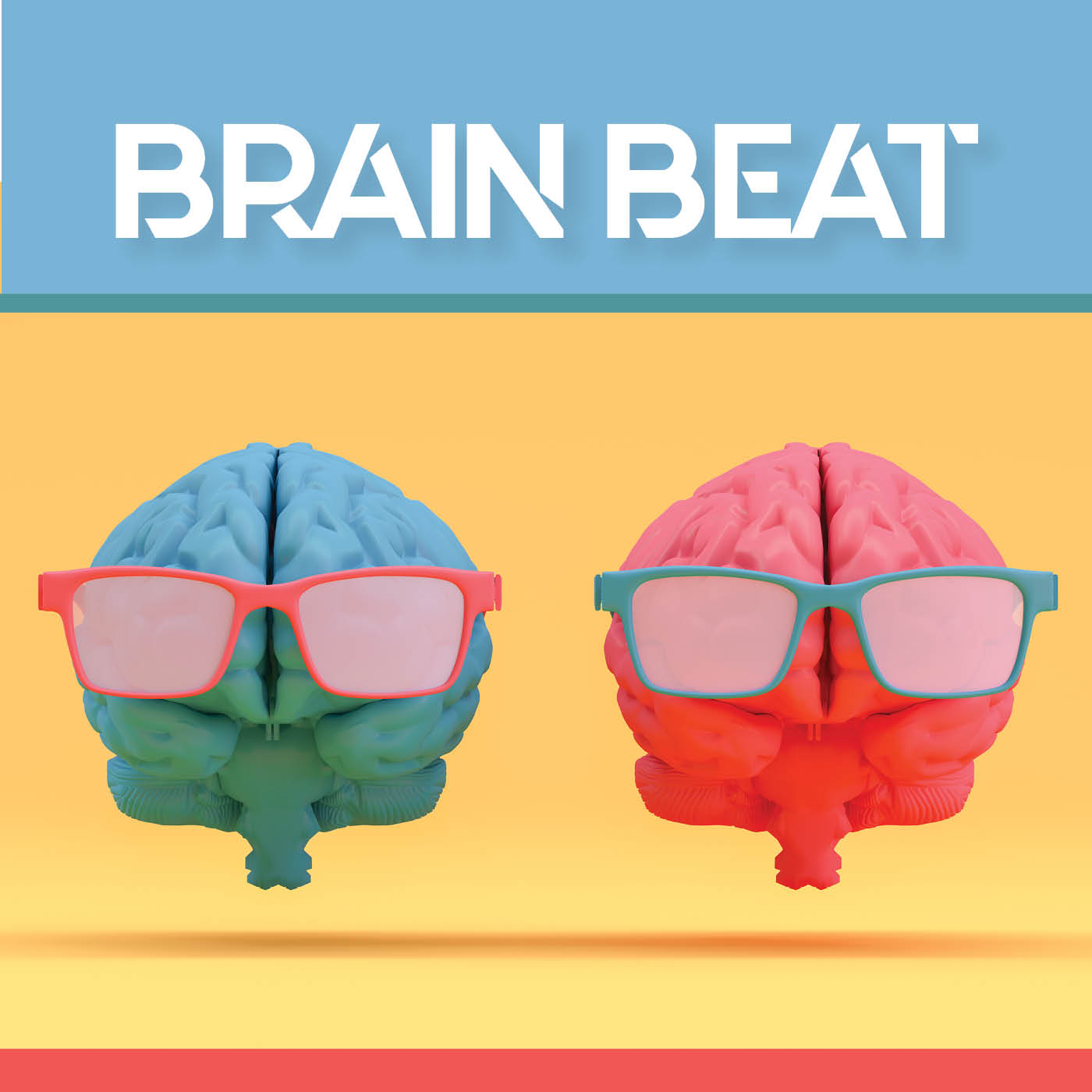We can't find the internet
Attempting to reconnect
Something went wrong!
Attempting to reconnect

Access AI content by logging in
Dr. Peter Arnett, renowned professor at Penn State University and a past president of the National Academy of Neuropsychology (NAN), welcomes the esteemed Dr. Maureen O'Connor to the Brainbeat podcast today. A board-certified neuropsychologist celebrated for her role as the Director of Neuropsychology at the Bedford Veterans Hospital and her position as an Assistant Professor of Neurology at Boston University, Dr. O'Connor's remarkable expertise centers on Alzheimer's disease and her dedicated mission to develop interventions that enhance patient functioning while alleviating the substantial burden placed on caregivers. Together with our host, she delves deep into the crucial realm of caregiving and dementia, illuminating the emotional, mental, and physical challenges that caregivers confront, while also unveiling the invaluable resources at their disposal. Deftly navigating sensitive topics, including driving cessation and end-of-life care, Dr. O’Connor provides indispensable guidance to those grappling with these intricate issues.
Her illuminating insights offer a profound understanding of the world of dementia caregiving, a role predominantly shouldered by older adults, often family members who find themselves navigating their own health-related concerns. The episode explores the emotional toll on caregivers, characterized by elevated rates of depression, anxiety, and stress, all while shedding light on the social and financial implications of this pivotal role. Throughout the episode, a resounding message emerges—the paramount importance of caregivers prioritizing self-care. The conversation here today underscores the significance of constructing a robust care team, comprising healthcare providers, friends, family, and support groups, all of whom are indispensable for caregivers to deliver optimal care. As the multifaceted dynamics of the caregiver-patient relationship are unveiled, the ever-evolving nature of this profound connection becomes evident. In essence, this latest episode of Brainbeat imparts invaluable insights, serving as a powerful reminder that caregivers cannot pour from an empty cup, and highlights the critical need for self-care and unwavering support in the challenging realm of dementia caregiving.
Episode Highlights:
- Older adults as caregivers
- Balancing the care of aging parents with young children
- The high rates of psychological, social and financial challenges experienced by caregivers
- Building a care team
- Difficult conversations around topics like driving cessation and end-of-life care
- Expanded support to rural caregivers through telehealth services
- Prioritizing self-care
- The significant impact of preexisting relationships on caregiving dynamics
Quotes:
"You can't pour from an empty cup. You need to care for your own physical and emotional needs."
"Often our dementia caregivers are so involved in caring for their loved one that they're not caring for themselves."
"Not everybody has WiFi for video visits, but we can also think about telehealth as telephone visits."
"These are daughters and sons and spouses and siblings, and that preexisting relationship can be complex, can be challenging."
"The relationship between caregiver and patient is a dynamic one, with evolving needs and challenges."
"Telehealth services are expanding to support rural caregivers, broadening access to care."
Links:
National Academy of Neuropsychology Foundation website